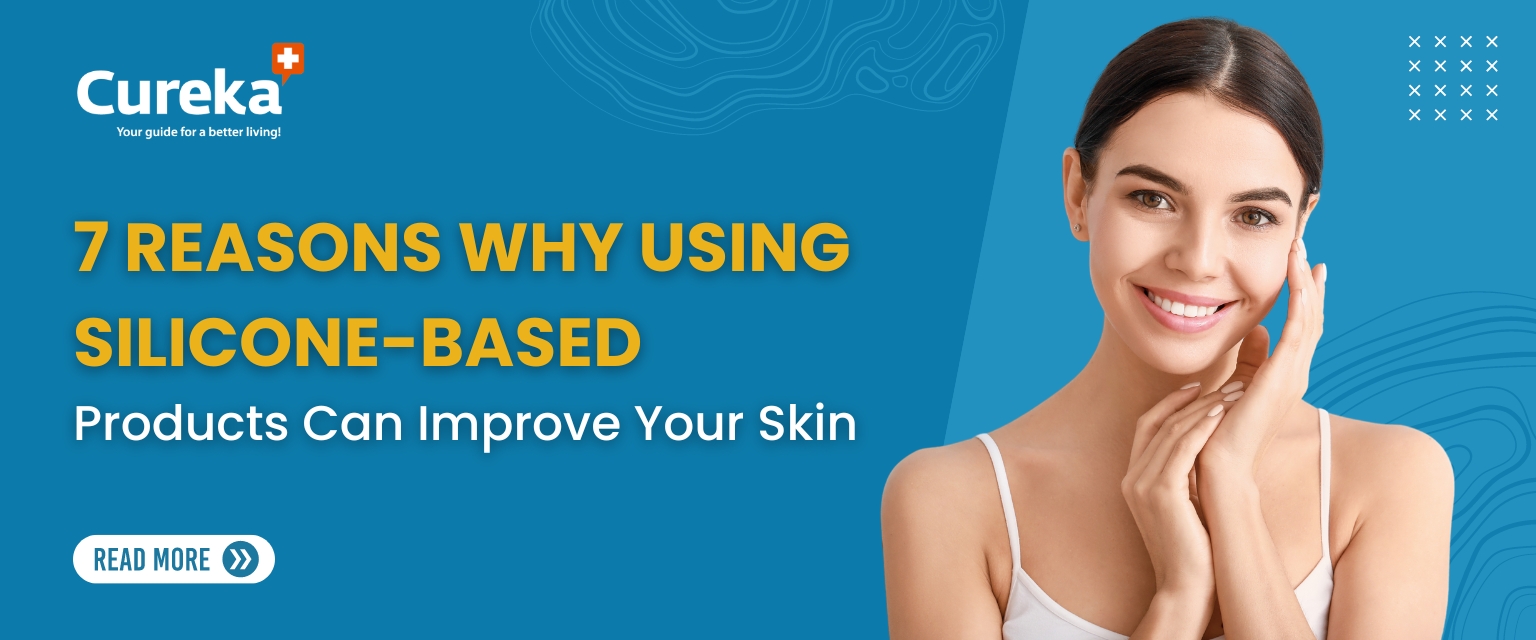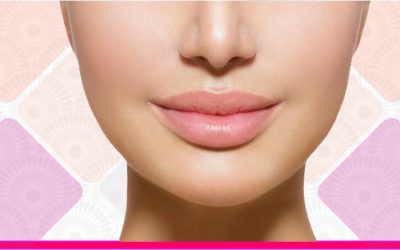7 Reasons Why Using Silicone-Based Products Can Improve Your Skin
What is Silicone?
Silicone comes from compounds known as polymers, which are made up of silicon and oxygen atoms and sometimes include carbon and/or hydrogen. In skincare, silicone is used for its affordability, versatility, and its ability to provide a neutral base without active properties.
Common Uses of Silicone in Personal Care Products
Silicone is found in a variety of personal care items beyond skincare, including:
- Antiperspirants
- Sunscreens
- Hair care products
Now we know that silicone-based products are widely used in skincare for their versatility and unique benefits. Below are seven reasons why incorporating silicone-based products into your skincare routine can significantly improve your skin.
1.Promotes Hydration
Silicone helps reduce transepidermal water loss (TEWL), which means it prevents water from evaporating from your skin. This keeps your skin hydrated and plump, making it look healthier and more vibrant.
2. Enhances Product Permeability
Due to its inherent molecular structure, silicone allows water and air to permeate into the skin. This encourages other skin-benefitting products to work their magic and penetrate more effectively, boosting their efficacy and enhancing your overall skincare routine.
3. Temporarily Fills Fine Lines and Wrinkles
Silicone can temporarily fill in fine lines and wrinkles on the surface of the skin, giving it a smoother, more youthful appearance. While this effect is temporary and does not address underlying causes, it can provide a quick fix for special occasions or everyday confidence.
4. Improves Skin Texture
Silicone provides a non-sticky, matte finish to the skin, making products sweat-proof and waterproof. This ensures that makeup and other skincare products stay on longer, giving your skin a smooth, even texture without fine lines and wrinkles.
5. Treats Acne
Silicone’s non-irritant properties can activate anti-acne effects, helping to even out skin tone and smooth the skin. By creating a barrier, it also protects the skin from external irritants that can worsen acne.
6. Locks in Moisture
When applied, silicone forms a layer that acts as a barrier to prevent water loss. This keeps the skin well-nourished and hydrated, acting as a carrier for the delivery of key ingredients in your skincare products.
7. Protects and Heals the Skin
Silicone forms a protective barrier on the skin, shielding it from environmental damage such as dust and pollution. It also helps heal scars, wounds, and damaged skin when applied topically, thanks to its large molecules that coat the skin.
Things to be careful about before starting silicone products:
Skin Irritation and Allergic Reactions:
Silicones like dimethicone can cause redness, itching, or breakouts in sensitive individuals.
Pore Congestion:
Some silicones, especially heavier ones, may clog pores and contribute to acne or blackheads.
Impaired Skin Functions:
Silicones form a barrier that can hinder skin’s natural processes like moisture regulation and oxygen exchange.
Environmental Impact:
Production and disposal of silicones can harm the environment due to non-biodegradability and energy-intensive manufacturing processes.
Conclusion
Silicone-based products can offer a range of benefits, from hydration and improved texture to acne treatment and protection from environmental damage. However, it is essential to research and understand how silicone works for your specific skin type. Consulting a dermatologist can help ensure that you are using these products correctly and safely. Get a Glowing Skin!











